That Old Familiar Violence – Reflecting on AAS 2024
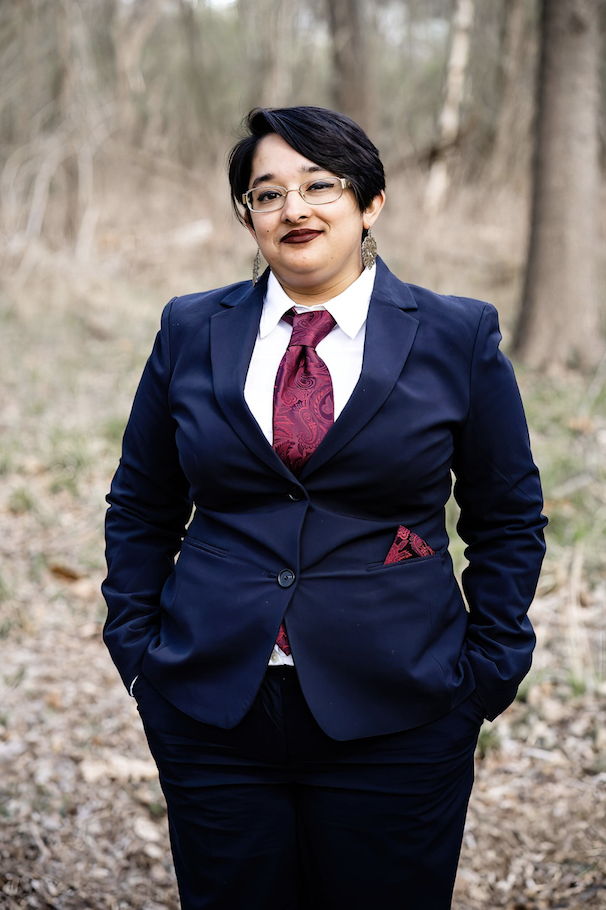
By Umme Kulsoom Arif Seattle, Washington. March 15, 2024. 9:00AM. The presentation room is small and its audience even smaller, with just about six or seven seated in a space meant to fit thirty listeners. I count myself as apart from them, seated nervously at the front of the room with my fellow panelists and professors all with fascinating and powerful subjects of interest — true scholars, honored in academia, years of experience and dedicated research behind them. And then there’s me — an interloper. Existing on the outskirts of spaces is not an unfamiliar feeling to me. At the 2024 Association for Asian Studies Conference, I was a non-academic, a formerly practicing attorney now working at a university as an academic counselor. This may have been fine to me, were I a mere attendee, a voyeur on the outside of the conversation, observing and learning. Barely noticed, but not enough to be spoken to. Unfortunately for me and my imposter syndrome, I had a paper to present. I chose to write Boxed-In: Considering the Impact of FGM/C on Queerness and Sexuality in the South Asian Diaspora in America as a scholarly personal narrative because — in truth — I wasn’t sure what Queer perspectives were out there for FGM/C survivors and did not have the emotional courage to put out a call for voices. I was familiar with activist artist and writer Dena Igusti, whose work and open existence as a non-binary survivor was what gave me the courage to attach non-binary to myself and my survivor status, and though our experiences mirrored each other, I found myself struggling to find academic research surrounding what it meant to be the victim of a very gendered act while simultaneously wanting to reject being seen as that gender. FGM/C happened to me because someone else decided I was a woman long before I was old enough to understand what womanhood and girlhood meant, much less able to process what it meant for me. As a result of it, I will always be associated with my “dead” womanhood, further denied my agency and reminded of such every time “she” and “her” are used in association with me. Therefore, selfishly, I wrote my paper to reclaim my identity and make myself whole. It sort of worked. The day before our scheduled panel presentation, as we rehearsed our various speeches, I corrected the panel moderator — my speaker bio had “they” and “their” in it, instead of “she” and “her” — and then stood to practice my speech before my fellow speakers. I anticipated it — strict adherence to (incorrect, outdated, prescriptivist, cruel) “rules” of grammar pretend that the singular “they” is an impossibility in English — but anticipation certainly doesn’t stop that low-grade invalidation from hurting. My speech even called this out, promising, “I can even guarantee you this — once you leave this room, once I am done talking — you will forget. You will perceive me — surrounded by the trappings of my assigned womanhood — and you will forget. So you will fall back on that old familiar violence — she and her.” I was right. The day of the presentation, my speaker biography is read aloud and — despite the words they and their written on the page — she and her pour out from the moderator presenting me. Looking back, I imagine the audience saw me wince before I began speaking. Dena Igusti called this experience — this perpetual association with cis-womanhood — a “quiet violence.” They aren’t wrong. As a non-binary survivor, I have to weigh my physical safety every time I enter a survivor space, or engage in anti-FGM/C activism. Will my identity be respected? Will gender-affirming care once more be equated to FGM/C, forcing me to out myself in non-affirming company in an effort to defend the rest of my trans and non-binary community? Will the push to ban FGM/C on the state level be co-opted by hate the way it nearly has been in Texas through bills like SB249 or similar bills in many other states? On some level, this feels intentional. In survivor spaces, womanhood is elevated because of FGM/C’s attack on it. My imposition in these spaces is allowed as a courtesy, and I reluctantly accept “she” as a courtesy in return, accepting the violence that erases my identity in an effort to receive solidarity and support for the violence that granted me it. At the conference, I am both unable and unwilling to make this concession. Accustomed to butchery as I am, I speak to a teary-eyed audience of the ways I — as an example of non-binary survivorship, should more than I exist — carve my many identities into pieces to make myself more palatable to the disparate communities I am desperate to belong to. I call out this indifference to queer survivorship — likely the reason so few exist publicly, unable to comfortably come out and seek necessary support — and the way the movement to end FGM/C quietly includes trans-exclusionary voices, both because TERFs (defined by Oxford Languages as: a person whose views on gender identity are considered hostile to transgender people, or who opposes social and political policies designed to be inclusive of transgender people.) love to co-opt the term “genital mutilation” to make the case against gender-affirming care and because the inherent attack on womanhood that is FGM/C leads to many forgetting that those who don’t identify as women can still be victimized. Make no mistake — I am grateful for the opportunity to attend the AAS Conference and the support given by Sahiyo to make that possible. I am grateful for the opportunity to speak and make even the slightest effort at raising awareness and using storytelling as activism. That does not erase the profound loneliness and struggle of being a minority within a minority, double-marginalized and forced to choose between identity and activism. It can be annoying. I get it. Being publicly corrected, interrupted mid-thought
Headline: Understanding the Critical Intersections of FGM/C with other social injustices: Encouraging dialogue on cross-movement collaboration
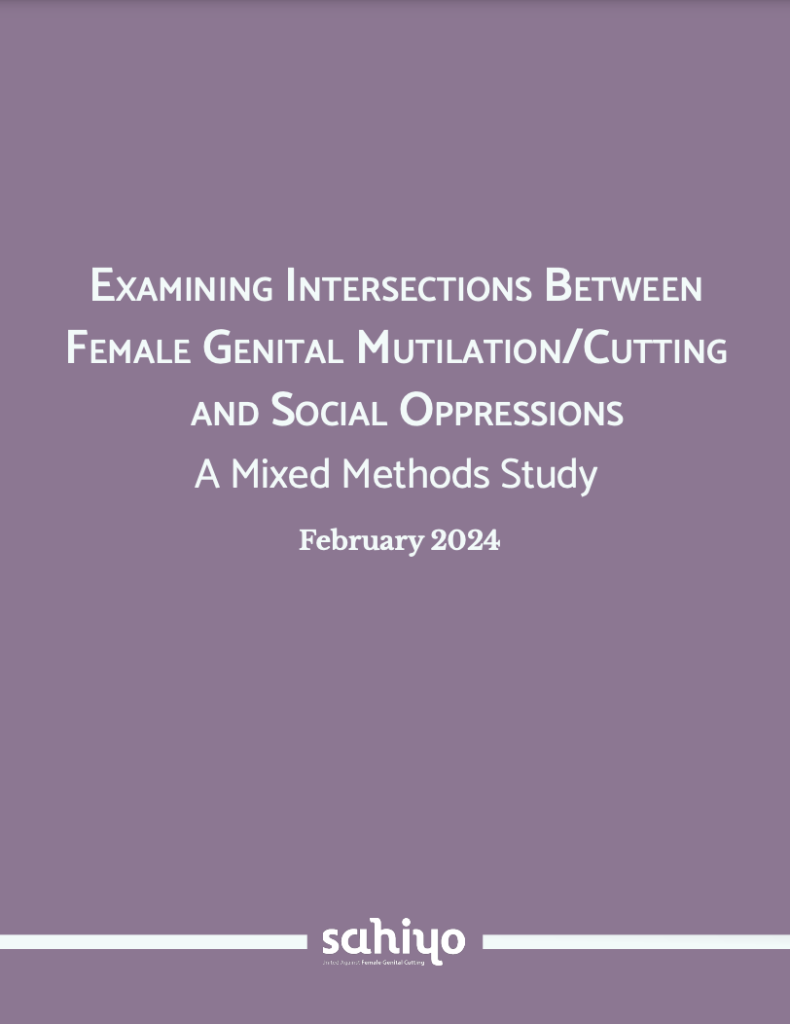
In April, Sahiyo’s research team gave two presentations exploring data from our advocate and survivor-led Critical Intersections Research Project, the latest report from this project having been released in February 2024. On April 23rd, Sahiyo presented Critical Intersections of FGM/C: The Value of Intersectionality in Cross-Collaboration in conjunction with API-GBV to attendees belonging to various gender-based violence organizations. This presentation fostered lively conversations around intersectionality and cross-collaboration, with one attendee asking about potential collaborations between the anti-FGM/C sphere and those working to end human trafficking. Overall, attendees reflected upon the interconnectedness of their various foci according to intersectionality. The second presentation, on April 24th, was in collaboration with the World Bank Group’s FGM Legal Working Group. Critical Intersections of FGM/C: Law and Policy in Systems of Oppression found attendees drawing on their current work, and how to interconnect to the issue of FGM/C. Concrete ideas emerged as to how to build cross-collaboration, including one participant emphasizing the simple action of referencing FGM/C in proposals to uplift the interconnection of the issue with other reproductive health and/or gender-based violence work. Our interactive presentations support organizations to engage in the following: To build holistic programs that identify intersectional needs of FGM/C survivors To identify components of building successful collaborations across organizations focused on different social oppressions (i.e. systemic racism and FGM/C) To compile tools, resources, case studies, and more that illustrate how cross-collaboration can be carried out within the larger social justice field If you and your organization would like to schedule a presentation or workshop, reach out to Rachel Wine at rachel@sahiyo.org. You can also learn more by visiting Sahiyo.org!
Critical Intersections of FGM/C: Law and Policy in Systems of Oppression Presentation

Sahiyo is excited to announce an upcoming event tied to our survivor and advocate-led Critical Intersections Research Project! This original research, which has been in development for over two years, examines the issue of female genital mutilation/cutting (FGM/C) through an intersectional lens. This includes an analysis of media on the topic (published in our first report), as well as data from a mixed-methods survey (published in our second report) and in-depth qualitative interviews (to be published later in 2024). The project seeks to understand both challenges that FGM/C survivors and activists face, as well as opportunities for cross-sector collaboration with other social justice movements. Critical Intersections of FGM/C: Law and Policy in Systems of Oppression is hosted by the World Bank Group’s FGM/C Legal Working Group. This presentation will center findings from Sahiyo’s research related to FGM/C, with a focus on various oppressive systems and their impact on FGM/C survivors and advocates; law and policy will be discussed within the context of religion, race/racism, and xenophobia. An intersectional framework highlights the need for those working within the FGM/C sphere to understand the complex nature of identity and its impact on the survivor experience, as well as anti-FGM/C activists to understand how their advocacy work may interact with other social justice movements. This data introduces multifaceted challenges created by intersecting social oppressions, and encourages participants to think of new possibilities. Event Date: April 24th Event Time: 12:00-1:00 PM EST Webinar link: https://teams.microsoft.com/dl/launcher/launcher.html?url=%2F_%23%2Fl%2Fmeetup-join%2F19%3Ameeting_YmY3M2IxYTYtNGE2YS00OTJiLTg2NDktZDg5MjdjYWJkMDA1%40thread.v2%2F0%3Fcontext%3D%257b%2522Tid%2522%253a%252231a2fec0-266b-4c67-b56e-2796d8f59c36%2522%252c%2522Oid%2522%253a%252232509a77-1484-4050-8e11-946bcfa82b63%2522%257d%26anon%3Dtrue&type=meetup-join&deeplinkId=55af876c-af15-43a1-b650-237ae4f506b3&directDl=true&msLaunch=true&enableMobilePage=true&suppressPrompt=true If you are interested in hosting a presentation on Sahiyo’s research findings for your organization or group, please contact Sahiyo’s Research Coordinator rachel@sahiyo.org.
Presenting the Critical Intersections Research Project to The Girl Generation
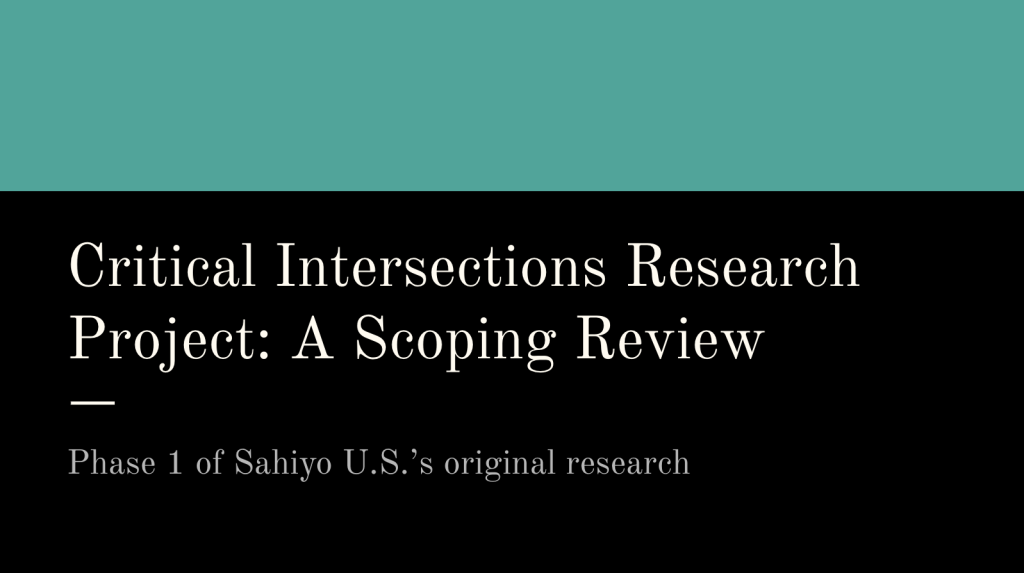
On November 21st, Sahiyo’s Research Coordinator, Rachel Wine, and Training and Technical Assistance Coordinator, Aries Nuño, presented findings from the first stage of Sahiyo’s Critical Intersections Research Project to The Girl Generation. The findings, published in the Examining the Current State of Critical Intersections: Female Genital Mutilation/Cutting and Social Oppressions report in October, were derived from a scoping review on the topic of intersectionality. More specifically, this report explores connections between the anti-female genital mutilation/cutting (FGM/C) sphere and other social justice movements, as well as the complex identities of survivors and activists, through an array of literature such as peer-reviewed literature, editorials, opinion pieces, reviews, and social media communications. The presentation shared background information on the Critical Intersections Research Project, tracing its roots back to Sahiyo’s 2021 public webinar titled Critical Intersections: Anti-Racism and Female Genital Cutting (FGC). Additionally, the presentationexplored the seven core themes derived from our scoping review: Religion, Race, Bodily Autonomy, Queer Gender & Sexuality, Feminism, Law & Policy, and Climate Change, highlighting how they intersect with FGM/C. Lastly, Aries and Rachel detailed the next steps for the project, including the publication of two reports on original mixed-methods research, expected in 2024. The Sahiyo team was thrilled to be met with questions from The Girl Generation about the various core themes derived from the research, as well as some findings to be shared in the upcoming reports. Many thanks to Esmael Omar for helping make this opportunity a reality! If you or your organization are interested in hosting a presentation on Sahiyo’s Critical Intersections Research Project, please contact rachel@sahiyo.org and aries@sahiyo.org for more information.
Female genital cutting: Underacknowledged and underrecognized in the United States
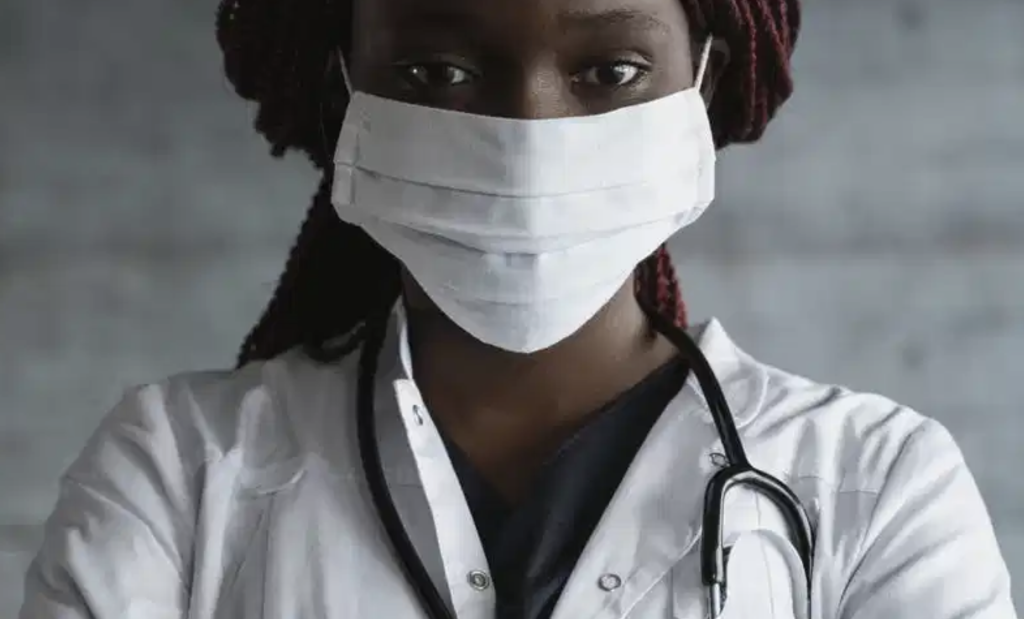
By Cate Cox On June 3rd, 2021 Sahiyo partnered with the Connecticut Trauma and Gender Learning Collaborative and The George Washington University associate professor Dr. Karen McDonnell to hold a training for healthcare professionals who may interact with survivors of female genital cutting (FGC). The Connecticut Trauma and Gender Learning Collaborative focuses on trauma-informed and gender-responsive treatment. Many of the participants are actively providing clinical services. This presentation explored FGC in the United States and resources available for clinicians and other front-line professionals who may come in contact with women impacted by FGC, as well as how they can provide trauma-informed care. In particular, our training highlighted The George Washington University’s Women and FGM/C Toolkit as a tool to help further their education and to become better prepared to support survivors in their journey toward healing. Alongside the GW Women and FGM/C Toolkit, we highlighted Sahiyo resources such as the Trauma Blog Series by Joanna Vergoth, founder and executive director of forma, among others. During the training, we also used some of our Voices to End FGM/C videos to highlight the lack of education on how to support survivors of FGC in the medical field and the imperative practitioners have to fill in those gaps to better support all women. At the end of the presentation many of the attendees said they didn’t realize how widespread the problem of FGC is in the U.S. They expressed that they are grateful to have had the opportunity to learn how to better support their patients. Overall, trainings such as this one are crucial to help providers learn how to best support survivors and to help expand the understanding that FGC is a problem in the U.S. that we all need to be involved in addressing.
Community Outreach
Community Outreach and Education Community outreach and education are essential in ending harmful practices like female genital cutting (FGC). Since our founding, Sahiyo has spoken on various platforms, including conferences on women’s rights, gender, and religion, college guest lectures, and local community events. We engage in public presentations, webinars, and media outreach to raise awareness and foster dialogue on FGC prevention and impact. If you would like to invite Sahiyo to speak at an event, or for a workshop or discussion, fill out the Community Presentation Request form and email us at info@sahiyo.org. REQUEST PRESENTATION Events Calendar VIEW PROGRAM OVERVIEW What We Offer 1 Female Genital Cutting (FGC) 101: This presentation provides a foundational understanding of FGC in the United States and globally. Participants will learn about the various forms of FGC, its profound impacts, cultural justifications for its continuation, and the origins of the movement against FGC. 2 Framing FGC: This presentation delves into the complexities of framing FGC in public discourse. It addresses how to speak about FGC sensitively and accurately, considering cultural contexts and the perspectives of survivors. Learn effective communication strategies to foster understanding and support for the movement against FGC. 3 Incorporating Storytelling into Gender-Based Violence Work: This session highlights Sahiyo’s innovative storytelling program, Voices to End FGM/C, and how other storytelling initiatives have helped spark discussions on gender-based violence. Reflecting on the use of digital platforms, magazines, theater work, film, and art, learn how storytelling can be a powerful tool for social change and amplify the voices of individuals impacted by FGC. Public Webinars Support Our Community Outreach Program
To my surprise, my friend defended khatna
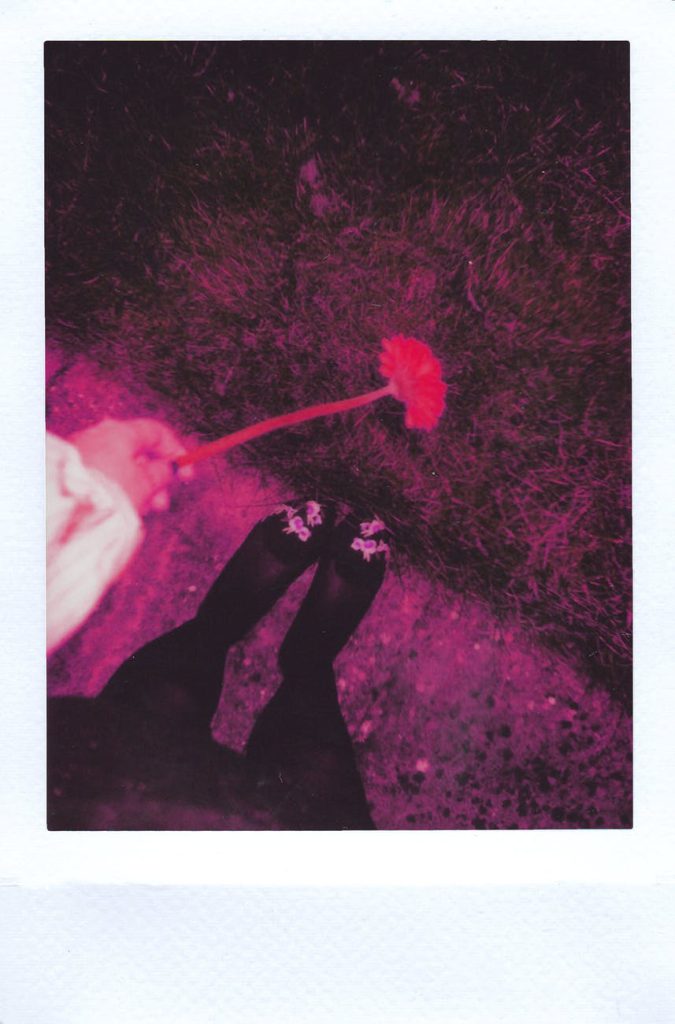
By Anonymous Having decided to pursue law at the age of 15 years old, I was excited yet unprepared to know about the society that we live in. For the past four years, I have gathered enough evidence through lectures, presentations, and discussions over coffee about the horrors of which any society is capable. One such day one of my professors decided to speak about female genital mutilation/cutting (FGM/C) and asked two of my peers to give a presentation on it. The projector was switched on, lights were switched off, and my two peers took center stage to introduce the class to the topic. At the end of the presentation in a class where several hands routinely raise eager to question presenters, there was pin-drop silence. The professor smiled at the horrid, silent expressions of my classmates and broke the silence to facilitate a discussion. Gradually, all of us formed a consensus that FGM/C is harmful and needs to stop. After class, I went home and started researching the practice and ended up watching a documentary, The Cut: Exploring FGM by an Al Jazeera correspondent. I read various articles where I learned FGM/C was practiced widely among the Dawoodi Bohra community in India, and this practice was known as khatna. My heart sank as I realized that a very close friend by the virtue of being from the community must have undergone FGM/C. As a concerned friend, but with pre-conceived notions and as a judgmental being, I went on to tell my friend that I would always be there to support her through the injustice inflicted upon her. To my surprise, (but should have seen it coming) my friend defended it, stating the various reasons that she had been fed through the years of why it was important for girls to undergo it in the Bohra community. I was shattered. However, I tried not to force my opinions about the practice on her. While speaking to a few more (girls and boys) I concluded that the reason behind the practice not being spoken about is because it mainly revolves around female sexuality and religion. The reason that men/boys in the Bohra community did not talk about it or oppose it was that they thought it’s a girl’s issue; whereas the girls who went through it might have felt the need to defend it. And to speak of it publicly, would mean that they would be betraying their religion, especially if they talk about it to an outsider, a Jain like myself. Gradually, I started reading stories about FGM/C through initiatives by organizations such as Sahiyo. Fortunately, it made me realize that as an outsider to the community, it is easy for me to be outraged and criticize any practice which is detrimental to the well-being of girls and women. However, when one grows up with the practice being justified, it takes a lot more than common sense to defy and disobey the practice that has been ingrained in the community for generations Now my friend has condemned the practice and shared her plight due to khatna, which is when I decided to write my dissertation on harmful practices like FGM/C, where women need to be uplifted without antagonizing the communities which uphold these practices.
